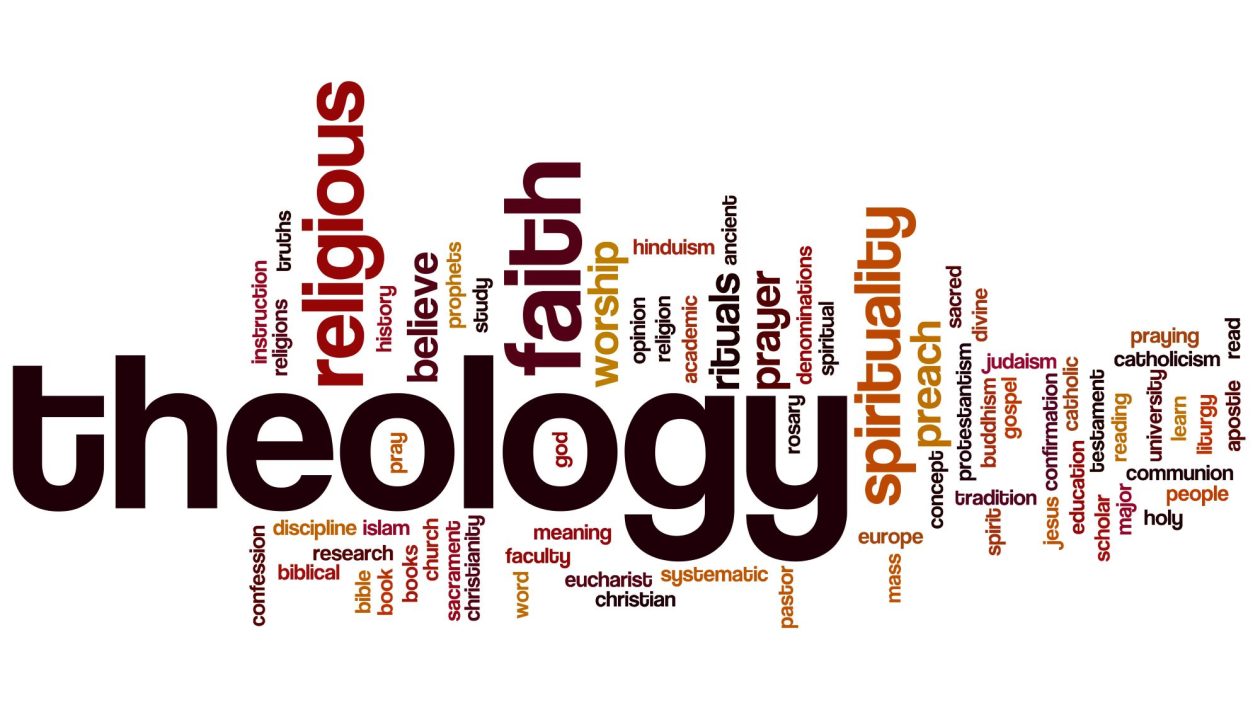Embarking on a study of theology and religion opens a door to a world where questions of existence, the nature of the divine, and the meaning of life are explored in depth. It’s a journey that combines philosophy, history, and spirituality, inviting deep reflection on the human condition.
That said, this guide aims to highlight the compelling reasons for engaging with theology and religion, emphasizing its capacity to enrich intellectual and spiritual life and enhance understanding of global cultures and societies.
1.Broadening Intellectual Horizons
Studying theology and religion in a reputable educational institution, such as Hillsong College is like embarking on an intellectual journey that spans the extent of human history and culture. This field of study challenges individuals to explore complex questions about existence, morality, and the divine, pushing beyond the surface to understand the underlying philosophies that have shaped societies across the globe.
Furthermore, it nurtures critical thinking and analytical skills as it engages with diverse texts, traditions, and interpretations, encouraging a comprehensive analysis of beliefs and practices. By examining the evolution of religious thought and its impact on civilizations, learners gain a rich understanding of the world’s cultural diversity and historical complexity, equipping them with the knowledge to contribute thoughtfully to contemporary discussions on global issues.
2.Promoting Empathy And Understanding
The study of theology and religion plays a crucial role in fostering empathy and understanding among individuals of different backgrounds and beliefs. Exposing students to many religious experiences and worldviews encourages appreciation for the depth and diversity of human thought.
Moreover, this understanding is essential in today’s interconnected world, where cultural sensitivity and interfaith dialogue are crucial to addressing global challenges and building cohesive communities. Through learning about the beliefs, values, and practices of others, individuals develop the ability to approach differing viewpoints with respect and openness, laying the groundwork for mutual respect and peaceful coexistence.

3.Personal Growth And Spiritual Exploration
Engaging with theology and religion offers a unique opportunity for personal growth and spiritual exploration. It invites individuals to reflect deeply on their own beliefs and values, prompting questions that delve into the essence of who they are and what they stand for.
This introspection can lead to profound personal transformation, as it opens up avenues for spiritual discovery and moral development. Whether one adheres to a particular faith or explores spirituality from a secular perspective, the study of theology and religion provides valuable insights into the human condition, offering spiritual guidance and wisdom for navigating life’s existential dilemmas and fostering a sense of purpose and connection.
4.Cultivating Moral And Ethical Awareness
Theology and religion are deeply connected with questions of morality and ethics, offering a framework for understanding and navigating the complex moral landscapes of modern society. By studying religious texts and traditions, individuals encounter a wealth of ethical teachings and philosophical debates that have informed human behavior and decision-making throughout history.
In addition, this exposure not only enriches one’s moral compass but also stimulates critical reflection on contemporary ethical issues, from social justice and environmental stewardship to questions of right and wrong in personal and professional life. Through this lens, theology, and religion contribute to the development of conscientious citizens who are equipped to make ethically sound decisions in a complex world.
5.Enhancing Professional Skills And Opportunities
Beyond the intrinsic benefits of personal growth and intellectual expansion, studying theology and religion can also enhance professional skills and open diverse career opportunities. The analytical, communicative, and intercultural competencies developed through this field of study are highly valued in various sectors, including education, healthcare, social work, and international relations.
Moreover, the ability to engage with complex texts and ideas, understand diverse perspectives, and navigate ethical dilemmas is applicable in countless professional contexts, making graduates of theology and religion attractive candidates for a wide range of roles in an increasingly globalized and multicultural workforce.
6.Fostering Global Awareness And Citizenship
In an era marked by global challenges and interconnectedness, the study of theology and religion contributes significantly to fostering global awareness and responsible citizenship. It provides students with a means to understand the geopolitical, social, and environmental issues that cross cultures and continents, grounded in an understanding of how religious beliefs and practices influence global dynamics.
This global perspective encourages a sense of responsibility toward addressing worldwide problems, such as climate change, social injustice, and conflict resolution, promoting a commitment to contributing positively to the global community. Through this point of view, theology, and religious education cultivate informed and compassionate global citizens who are prepared to make meaningful contributions to a more equitable and sustainable world.
7.Enhancing Communication Skills
The study of theology and religion inherently involves engaging with complex ideas and expressing these concepts clearly and persuasively, whether through writing or speaking. This constant practice hones one’s ability to articulate thoughts coherently and compellingly, a skill that is invaluable in virtually every professional and personal setting.
Students learn to present their insights on intricate subjects in an accessible and engaging way to diverse audiences, fostering an ability to initiate and navigate difficult conversations with sensitivity and respect. This enhanced communication skill set is particularly beneficial in careers that require negotiation, mediation, and public speaking, as well as in everyday interactions where clear and effective communication is vital to building relationships and understanding.
Conclusion
Studying theology and religion offers a multifaceted educational experience that extends beyond the boundaries of religious and spiritual knowledge. It equips students with critical thinking, analytical, and communication skills that are highly valued across various professions. Whether one seeks a career within religious institutions or in secular roles, the competencies gained from a theology and religious studies degree are transferable and beneficial.

